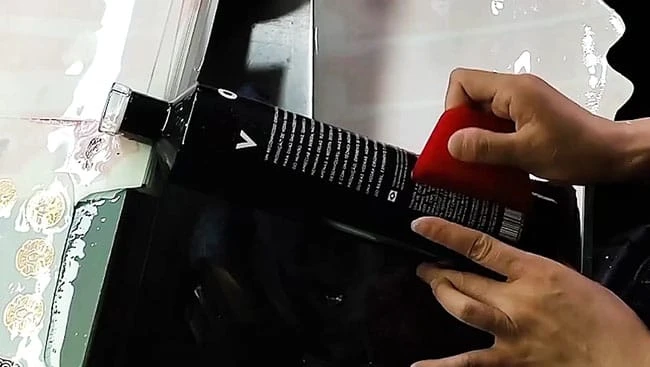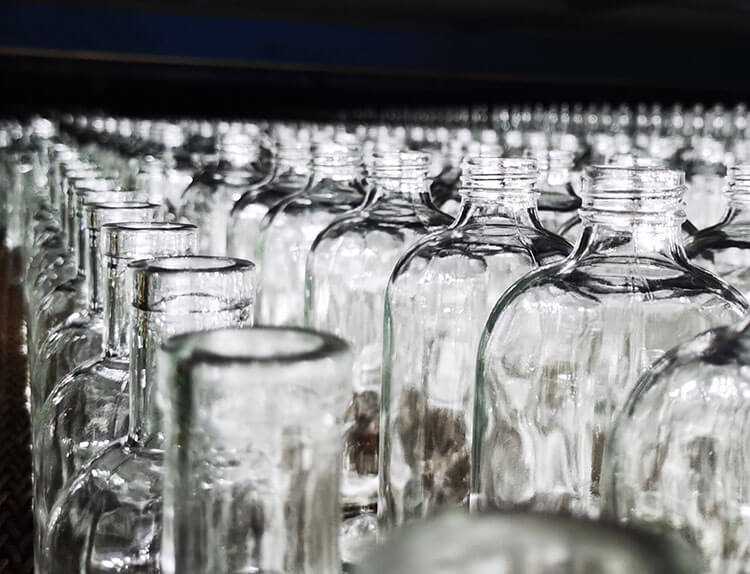Glass bottles are common containers widely used in food and beverage packaging. Many people are concerned about the decomposition process of glass bottles and their environmental impact. In this article, we will explore the breakdown time of glass bottles and provide insights into this important topic.
Understanding Glass Bottle Composition
To comprehend the decomposition of glass bottles, we first need to understand their composition. Glass bottles are primarily made from raw materials such as silica, sodium carbonate, and lime. These materials are melted and mixed at high temperatures to create a strong and durable product. Due to their opaque nature, resistance to acids and alkalis, and non-toxic properties, glass bottles are a popular choice for food and beverage packaging.
The Decomposition Process of Glass Bottles
Unlike many plastic containers, glass bottles decompose very slowly in the natural environment. In fact, glass bottles are nearly non-decomposable due to their inorganic composition. They are not significantly affected by microorganisms or chemical reactions in nature. As a result, once glass bottles are discarded, their natural decomposition process in soil or water is almost negligible, potentially taking thousands of years.
The Environmental Benefits of Recycling Glass Bottles
Despite their slow decomposition, glass bottles are an environmentally preferred packaging option due to their recyclability. Glass can be washed, reused, and recycled, which significantly reduces the demand for virgin materials and energy consumption. Recycling glass bottles also lessens the burden on landfills and extends their lifecycle, making glass a sustainable choice.
Environmental Considerations During Glass Recycling
While glass bottles do not decompose in the environment, the recycling process can have its own environmental impact. The cleaning of glass bottles may require substantial amounts of water and detergent, contributing to pollution. Additionally, the recycling process can generate emissions and wastewater, necessitating effective control measures to mitigate environmental effects.
Reducing Our Impact: Practical Steps
There are several ways we can reduce the environmental impact of glass bottles in our daily lives:
- Choose Recyclable Glass: Opt for recyclable glass bottles and ensure they are properly recycled after use. This helps minimize the need for new raw materials and reduces energy consumption.
- Explore Alternative Packaging: Consider using other eco-friendly packaging materials, such as biodegradable plastics or cartons, to lessen reliance on glass bottles.
Conclusion
In summary, the decomposition time of glass bottles is extremely lengthy, with minimal natural breakdown occurring in the environment. However, by actively recycling and reusing glass bottles, we can significantly reduce our negative impact on the planet. To protect our environment, it is essential to take proactive steps to limit glass bottle usage and promote recycling.
We hope this article has provided you with valuable insights into the decomposition process of glass bottles and their environmental implications. If you have any questions or need further information, please feel free to reach out. Thank you for reading!
If you’re looking for more knowledge of glass bottles, check out the following articles:
– Top 4 Drinking Glass Manufacturers in the U.S
– Top 10 Glass Bottle Manufacturing Companies in India(Latest Updates)
– Top 10 Glass Bottle Manufacturers In The USA
– Why Choose Apple Juice in Small Glass Bottles? A Flavorful Experience
Consult Your Valiant Glass Bottles & Packaging Experts
We help you avoid the pitfalls to deliver the quality and value your glass bottle and jar need, on-time and on-budget.














